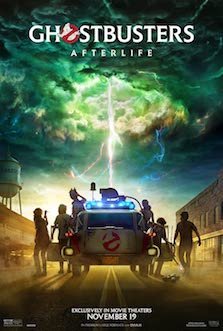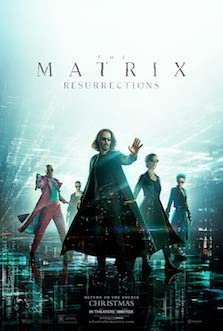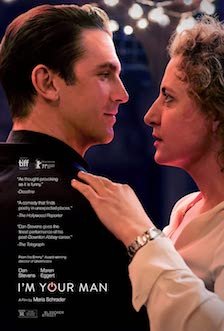Direction: Jason Reitman
Country: USA
A fetching nostalgic triviality is the first thought that came to my mind after watching Ghostbusters: Afterlife. The director Jason Reitman (Juno, 2007; Whiplash, 2014), who shares writing credits with Gil Kenan, gives the best course to what his father - Ivan Reitman - began in 1984 with the first installment of the saga. In the same way, the central character, a 12-year-old scientist called Phoebe (Mckenna Grace), follows the footsteps of her deceased grandfather, the legendary ghostbuster Egon Spengler. She continues his legacy with the help of her brother Trevor (Finn Wolfhard) and local classmates Podcast (Logan Kim) and Lucky (Celeste O'Connor).
With the background changing from New York to Oklahoma, the new ghostbusters - fully supported by Phoebe’s mom, Callie (Carrie Coon), and a technology-enthusiastic teacher, Gary Grooberson (Paul Rudd) - chase down an insatiable Muncher, red-eyed demons, and the ancient eldritch Gozer the Gozerian (Olivia Wilde).
The nostalgia of the 1980s is revived with an old-school narrative and a genuinely adventurous predisposition. Moreover, it’s the electrifying and occasionally touching encounter between the four kids and the three veteran ghostbusters (Bill Murray, Dan Aykroyd, Ernie Hudson) that gives the story a good stir. Harold Ramis, who played Spengler in the first two installments, passed away in 2014; Reitman pays him a beautiful tribute here.
The supernatural representations incorporate crazy-busy special effects but Reitman counterbalances that setback with cutesy scenes congested with inventive detail. Although basic, the whole can be pretty entertaining as a result of a certain magical candor and a few funny lines.








































